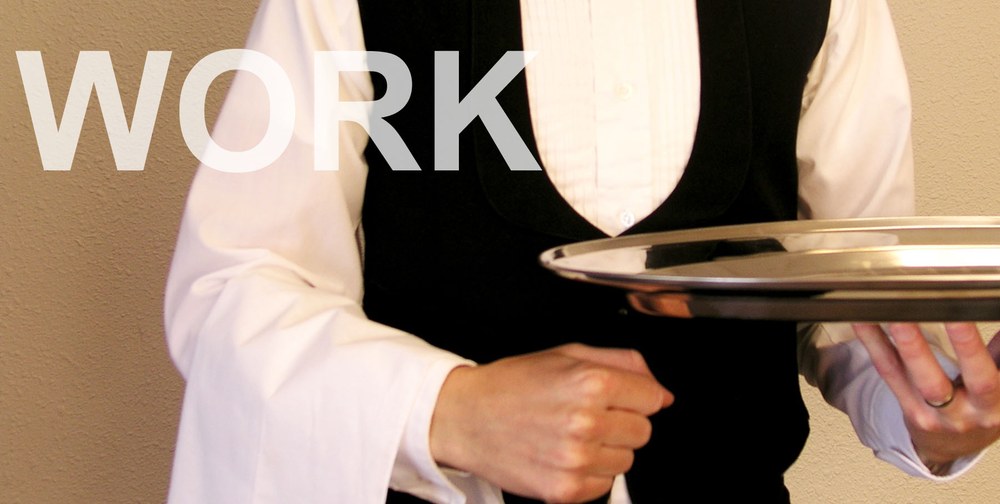Food Inspection & Safety
Information about food inspection and safety.
Health Permit Renewals & Fees
Pay for Health Permits for a food establishment or pool.
New Mexico Homemade Food Act
Beginning July 1, 2021, individuals may prepare certain food items in their private farm, ranch or residence and sell them directly to consumers without a permit. The Homemade Food Act outlines certain food safety requirements that must be met by sellers participating in the program.
Additional information on the Homemade Food Act and requirements
If you plan to sell these items within the limits of the city of Albuquerque, you will also need a business registration. Find information on business registration.



